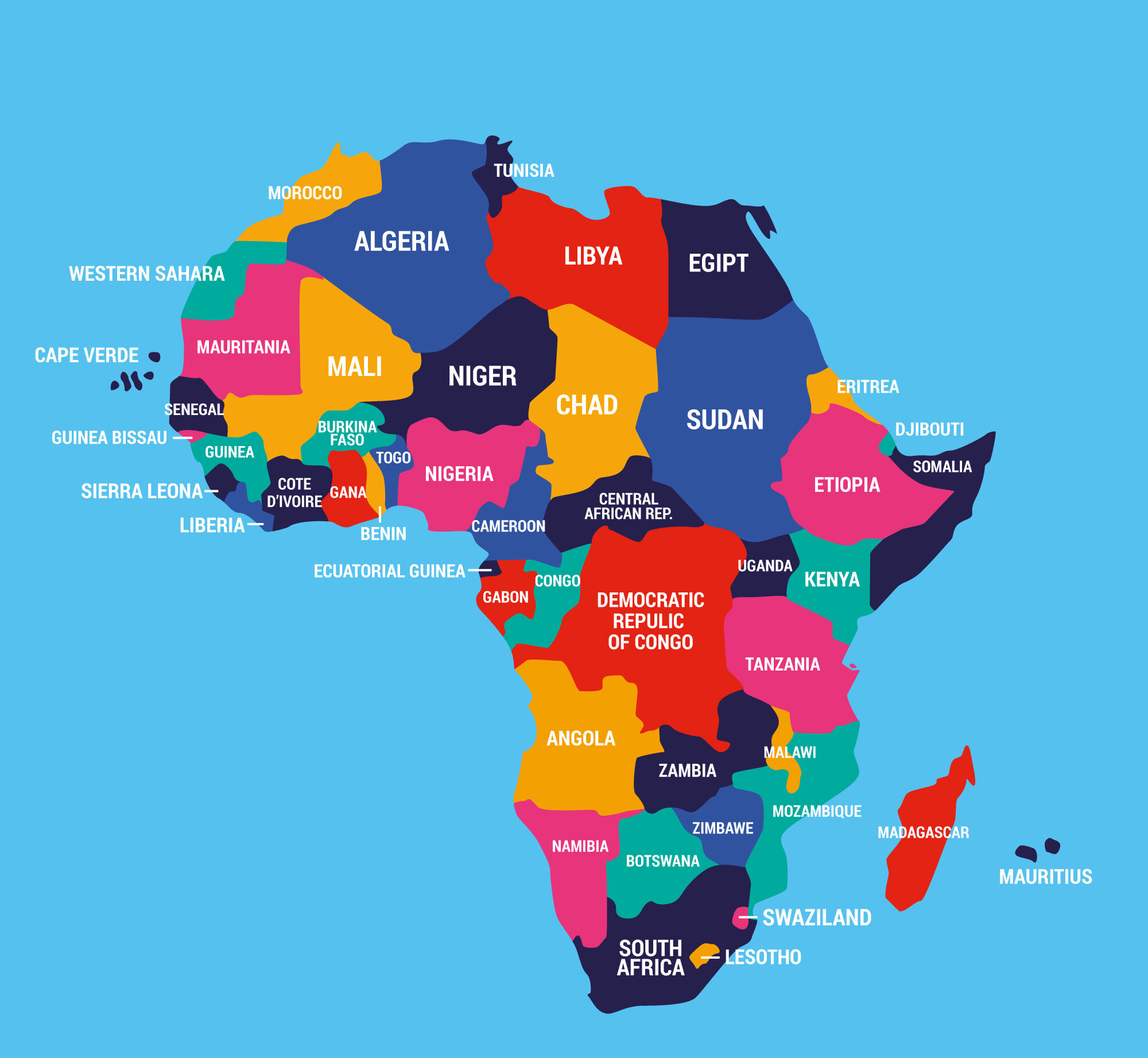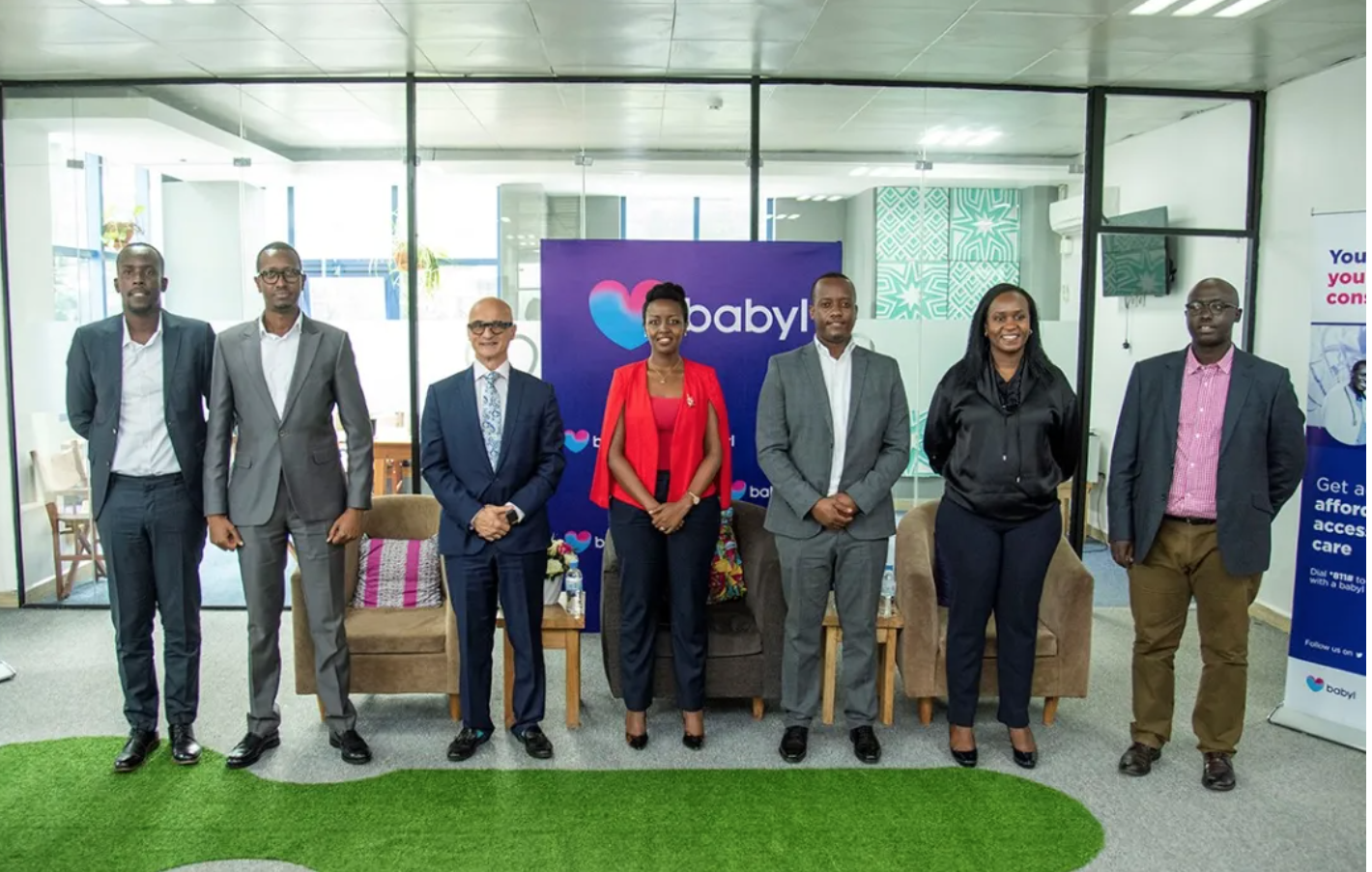Dashboard Overview
This dashboard provides a high-level overview of the African AI startup landscape, based on the comprehensive report. Key metrics highlight the ecosystem's scale, while interactive charts visualize the distribution of innovation across countries and industries.
0
Startups Listed
$0M
Total Disclosed Funding
0
Countries Represented
0
Primary Sectors
Startups by Country
Startups by Primary Sector
Startup Explorer
Dive deep into the data with the Startup Explorer. Use the search and filter controls to dynamically query the comprehensive list of AI startups from the report. This tool allows you to find specific companies or identify trends based on country, industry, or founding year.
| Company | Country | Sector | Founded | Funding |
|---|---|---|---|---|
Ecosystem Insights
Explore the key themes that define the African AI ecosystem. This section breaks down the report's analysis on dominant sectors, the investment landscape, and the crucial support systems like incubators and accelerators that are fueling innovation across the continent.
Sector Deep Dive
African AI startups are distinguished by their commitment to solving critical local challenges. This problem-solving orientation is evident across several key sectors, where AI is being applied to drive efficiency, inclusion, and growth.
AgriTech & Sustainability
AI is transforming agriculture with tools for crop yield prediction, drought forecasting, and credit scoring for smallholder farmers. Startups like Amini and Apollo Agriculture are enhancing food security and promoting sustainable practices.
HealthTech
In healthcare, AI optimizes supply chains, enables non-invasive diagnostics, and provides tools for disease detection. Innovators like LifeBank (blood supply) and Ubenwa (newborn health via cry analysis) are tackling critical health challenges.
FinTech
FinTech remains a dominant field, with AI driving financial inclusion through behavior-based credit scoring, enhancing security with real-time fraud detection, and streamlining international payments. Key players include Jumo, Flutterwave, and MFS Africa.
Language Processing & Digital Inclusion
To bridge the digital divide, companies like CDIAL AI are developing language models for low-resourced African languages. This work is vital for ensuring digital transformation is inclusive and preserves linguistic heritage.
The Investment Landscape
Funding for African AI is growing, sourced from a diverse mix of local and international VCs, angel investors, grants, and corporate partnerships. While challenges remain, the trend shows a maturing ecosystem moving beyond fintech to support sectors like climate tech and healthcare.
Key Funding Hubs
Four countries attract the vast majority of startup funding in Africa. Egypt has shown remarkable growth, becoming a top funding destination in 2025.
Capital Sources
From bootstrapping to major VC rounds, startups leverage multiple funding avenues.
- Venture Capital: Firms like TLcom Capital, Partech Africa, and Norrsken22 are key players.
- Grants: Programs from the AfDB, Google, and Microsoft provide non-dilutive funding.
- Angel Investors: Networks like ABAN provide crucial seed capital.
- Corporate Partnerships: Tech giants offer "smart capital," including mentorship and cloud credits.
Incubators & Accelerators
A robust network of local hubs and international partners provides the "rocket fuel" for innovation, offering funding, mentorship, and global connections that are critical for transforming ideas into scalable businesses.
CcHub (Nigeria)
A pioneering hub supporting over 600 startups, including AI ventures like LifeBank and HealthTracka.
Injini (South Africa)
An EdTech-focused accelerator supporting AI platforms like Siyavula to personalize education.
iHub (Kenya)
Its AI Lab has mentored successful startups like Ubenwa, bridging innovators to seed funding.
Runs an AI Research Center in Accra and an Africa Startup Accelerator program.
Microsoft
The 4Afrika Initiative provides cloud credits and AI tools to level the playing field for founders.
Policy Support
The AU's Continental AI Strategy and national policies in Rwanda and Nigeria are creating a supportive environment.
Challenges & Opportunities
The path to a thriving AI-powered future in Africa involves navigating significant hurdles while capitalizing on unique advantages. This section summarizes the key challenges and immense opportunities outlined in the report that will shape the continent's AI trajectory.
Challenges
-
✗
Funding & Infrastructure Gaps
Africa receives <1% of global VC funding. Limited power and computing resources inflate costs and hinder development.
-
✗
Skill Gaps & Talent Retention
A mismatch exists between the high demand for AI skills and the rate of talent development, with a risk of brain drain.
-
✗
Regulatory Environment
Nascent data privacy frameworks and regulatory red tape can complicate scaling efforts for startups.
Opportunities
-
✓
Untapped Markets & Demographic Dividend
A young, tech-savvy population and vast, underserved markets present enormous potential for growth and tech adoption.
-
✓
Localized "Leapfrog" Solutions
Focusing on local problems allows for the rapid deployment of advanced AI, bypassing older technologies to create highly relevant and impactful solutions.
-
✓
Growing Policy & Diaspora Support
Supportive government strategies and increasing investment from the diaspora are creating a more robust and favorable ecosystem.




